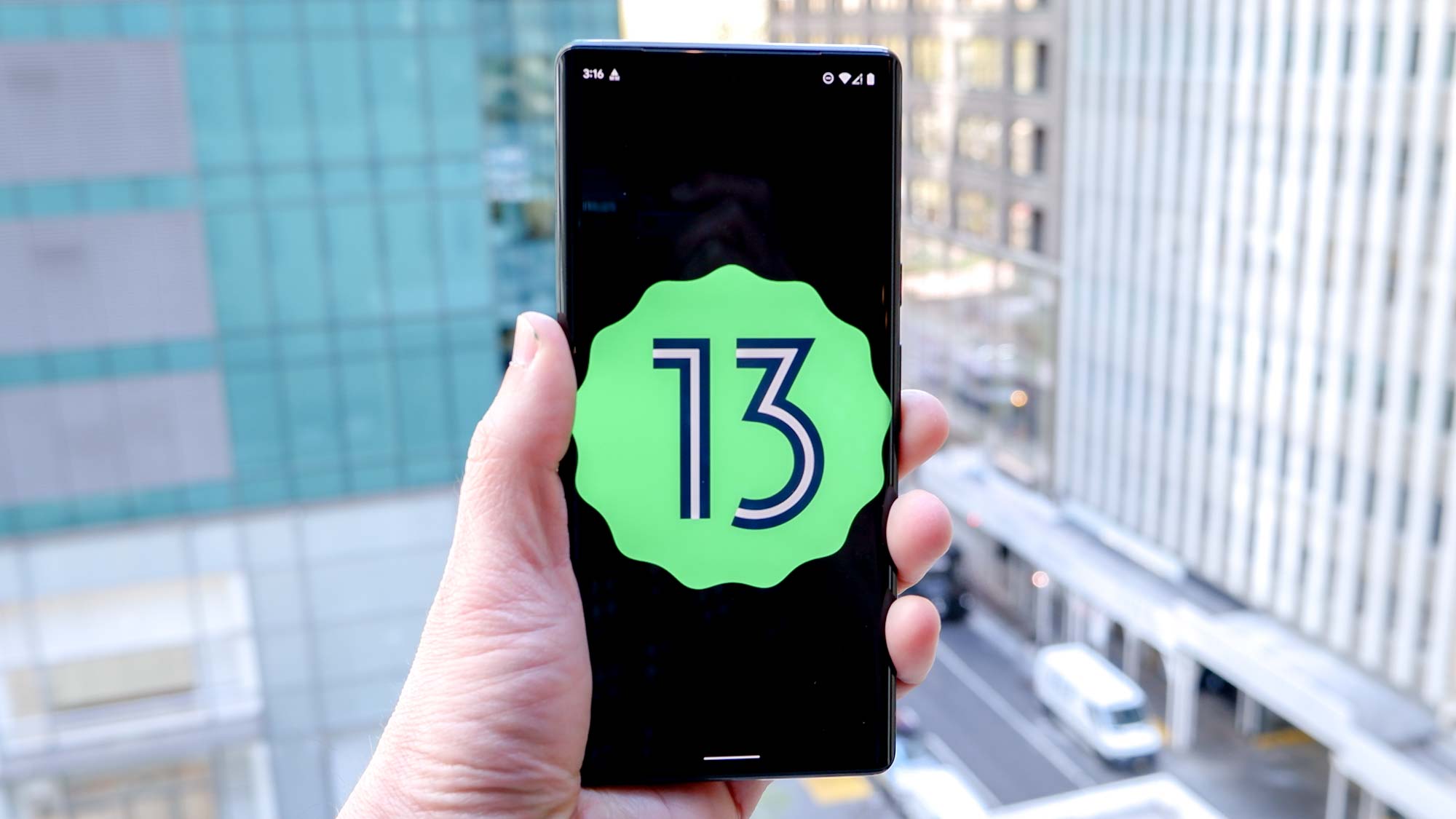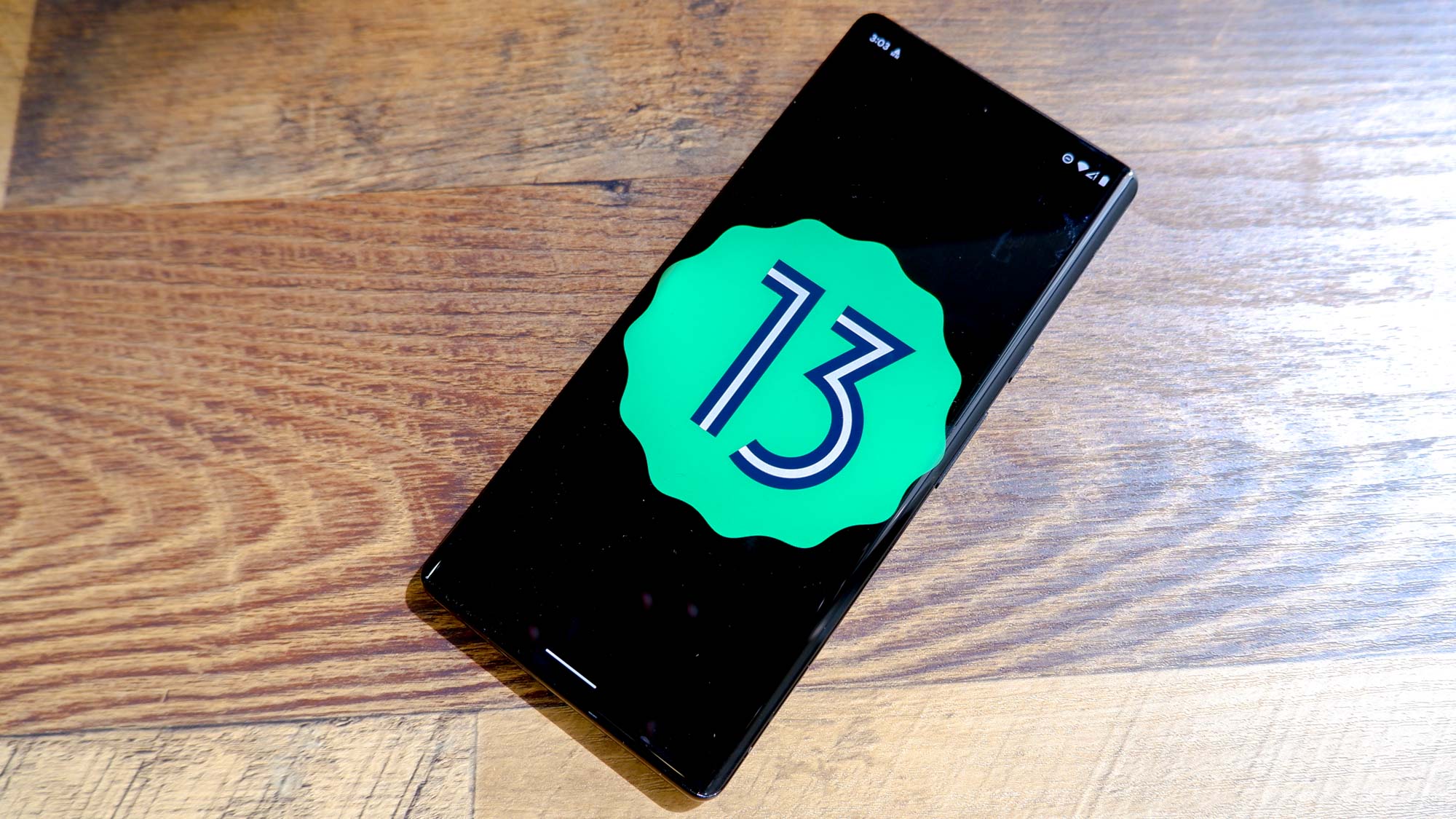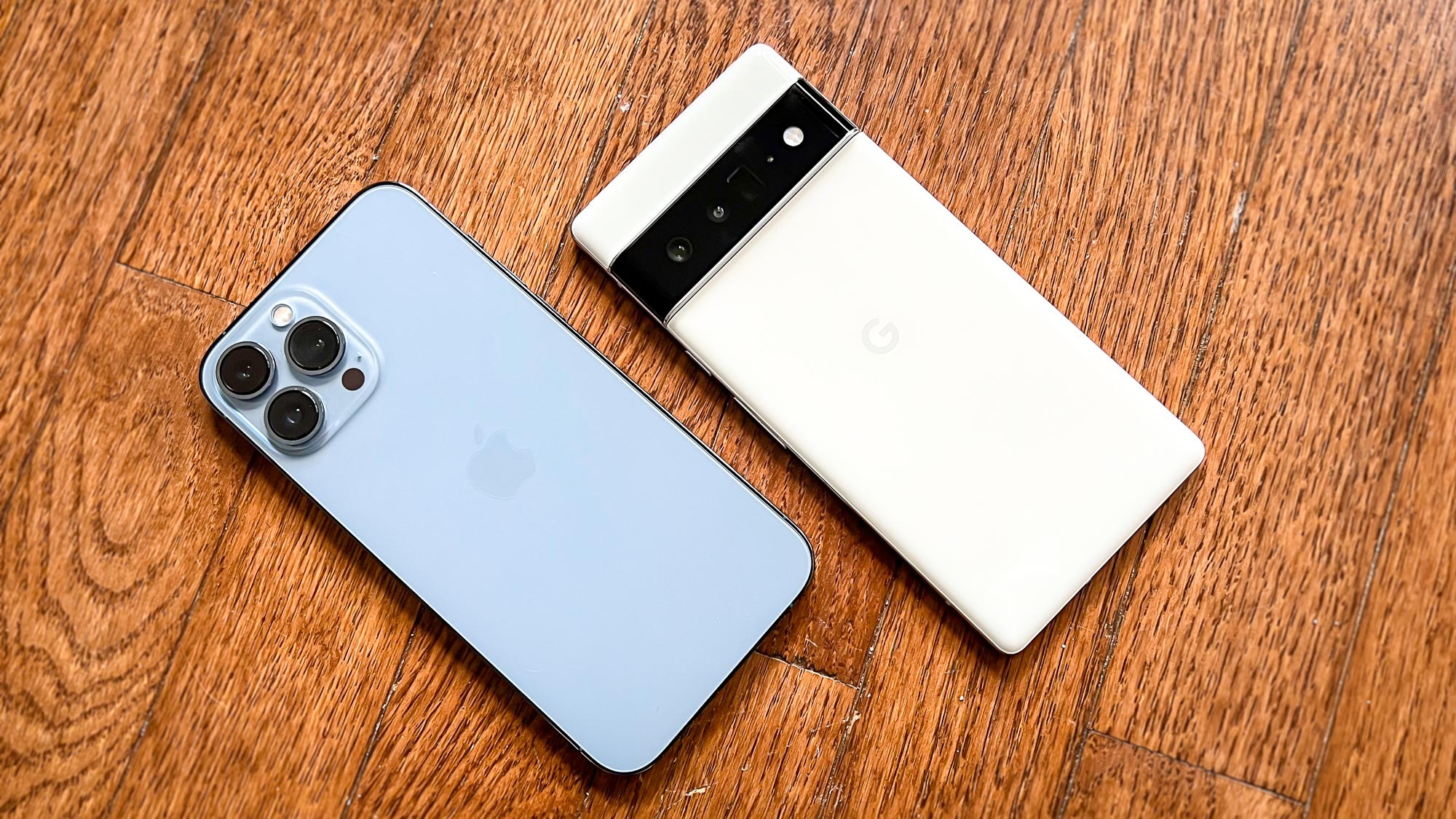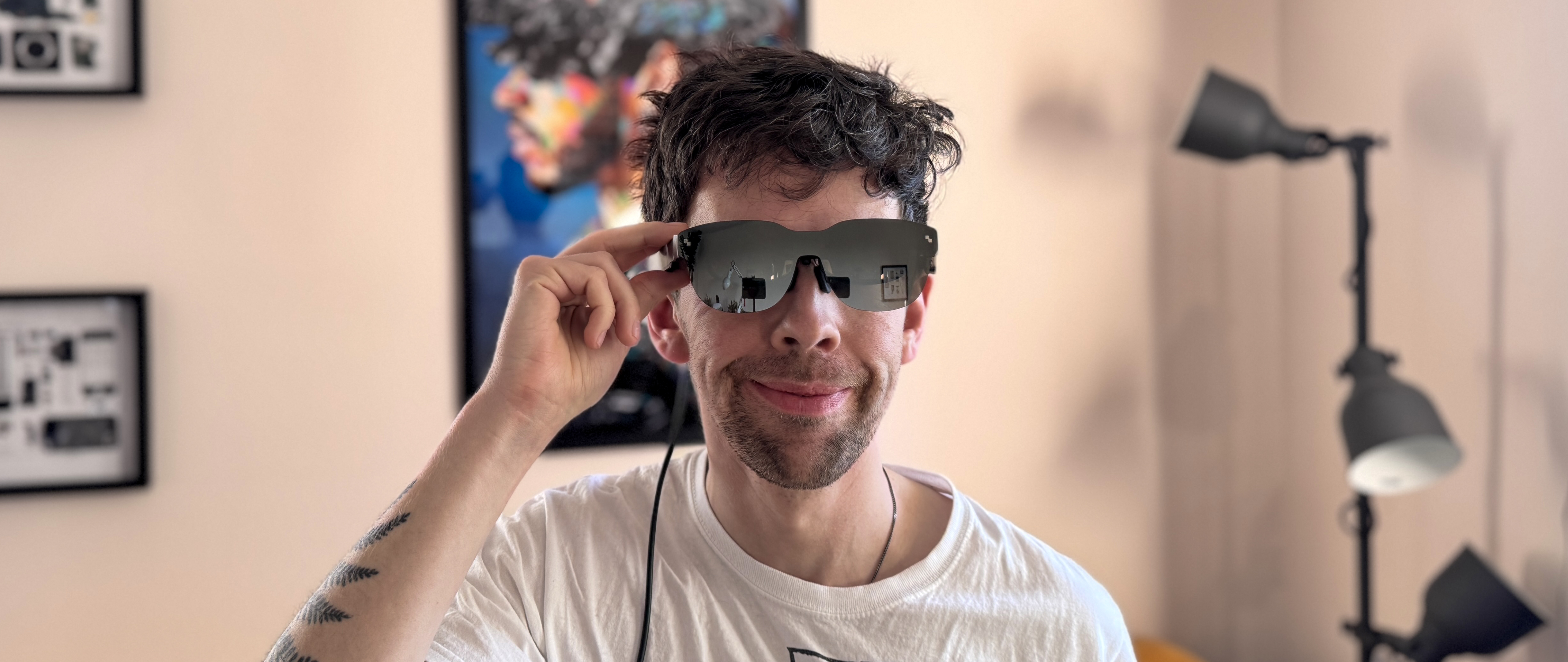Google I/O 2022 — this is what I want to know about Android 13
Google has had long enough to address third-party tracking

Google I/O 2022 kicks off today at 1 p.m ET / 11 a.m. PT / 6 p.m. BST. It's a big event for fans of Android and Google's other suite of software products. This is where we hear about Google's plans for the next year around its portfolio and you can follow it all with us in our Google I/O 2022 live blog.
So as we stand on the cusp of the full Android 13 reveal, I'm left with one burning desire. While I like the changes thus far, such as to permissions and the forthcoming iOS-like photo picker, I want to hear about Google's stance on third-party app tracking. Frankly, I want Android to take a full page out of Apple's playbook.

Android doesn't have the greatest reputation when it comes to privacy and tracking. Google collects a ton of information about you and, as far as I know, third-party apps can do the same thing to lesser degrees, even when you're not using that app specifically. Apple, while still collecting heaps of data, put a hard stop to this third-party nonsense with iOS 14.5's App Tracking initiative.
It's not perfect, but you can basically tell apps to not track you across the rest of the system. The sense of satisfaction when you get to tell an app, in no uncertain terms, "No" is downright thrilling. Since iOS 14.5, the best iPhones have fostered the reputation for having stronger privacy features while Android has lagged behind.
Android doesn't have the greatest reputation when it comes to user privacy, but Google could address that by limiting third-party app tracking like in iOS.
I don't necessarily disagree with the opinion that Google can be creepy, and it's unfortunate that the feeling persists throughout the whole of Android. However, Google could turn this around by introducing App Tracking controls to Android 13. I highly doubt it'll happen, but I nonetheless hope to hear about further privacy controls at the keynote today.
It's all well and good to have the Android Private Compute Core or the privacy dashboard, but unless you put a system-level limit on what data third-party apps can collect, you risk letting Android languish as an OS that doesn't value or prioritize a user's privacy.

I love Android, but the stronger user-facing privacy features on my iPhone 13 Pro Max go a long way to keeping me on Apple's platform. Android at its core is a solid open source operating system, and you could probably build your own version that has its own App Tracking built in (and leave out the Google services if you want extra privacy). I'm not a developer, so that's speculation. But where there's a will, there's a way in the open source community.
However, there's a fundamental difference between Google's business model and Apple's. The former is a software company first, one that provides free products where the price you pay is your data. Apple is a hardware company first and a software company second, meaning it doesn't need to rely on selling your data to make a buck. (Don't fall into the assumption that iPhones don't track you or send a ton of info back to Apple, despite the company's rhetoric.) Therefore, I won't deny that instituting an App Tracking initiative into Android could hurt Google's bottom line.
So, Google, you may not have this ready for Android 13 and I understand that, but please tell us what privacy steps you're taking with Android going forward. I respect the new permissions and I'm excited to get more granular control over what my apps can access, but I want to see a hard stance on this topic.
There are things iOS can learn from Android, but there are also things that Apple can teach Google. In this case, iOS has a clear lead and I want to see Google close the gap.
Sign up to get the BEST of Tom's Guide direct to your inbox.
Get instant access to breaking news, the hottest reviews, great deals and helpful tips.

Jordan is the Phones Editor for Tom's Guide, covering all things phone-related. He's written about phones for over six years and plans to continue for a long while to come. He loves nothing more than relaxing in his home with a book, game, or his latest personal writing project. Jordan likes finding new things to dive into, from books and games to new mechanical keyboard switches and fun keycap sets. Outside of work, you can find him poring over open-source software and his studies.
